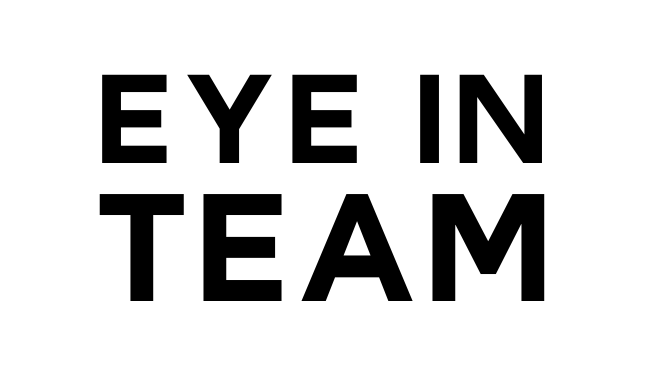Full-court support: Smart tools for running basketball teams and clubs with ease
Running a basketball program is a fast-paced challenge that demands sharp coordination, clear communication, and flexibility.
Whether you're coaching a youth rec league, leading a high school varsity, or managing a multi-team club, organizing your team efficiently can make a major difference throughout the season.
This guide outlines practical strategies and tools that help coaches and team managers stay focused on the game—not the logistics.
Build a Solid Roster from the Tip-Off
Basketball teams often have small rosters and high engagement, requiring accurate, up-to-date records:
- Maintain player profiles with jersey numbers, height, position, and emergency contacts
- Organize players by team level, grade, or competition bracket
- Assign roles like player, coach, team manager, or parent contact
- Carry over rosters from past seasons or upload new ones in bulk
- Filter rosters to quickly access relevant groups or players
An organized roster improves communication, planning, and game readiness.
Get Your Season on the Clock
A well-planned schedule supports player preparation and family coordination:
- Schedule recurring practices and games with gym location and arrival times
- Add one-off events like tournaments, team meetings, or scrimmages
- Sync schedules to family calendars for automatic updates
- Avoid double-booking with centralized conflict detection
Consistent scheduling builds routine and reduces last-minute confusion.
Know Who’s in the Lineup
Monitoring attendance helps coaches plan practices and manage rotations:
- Use RSVPs for each event
- Record attendance status (present, excused, injured, etc.)
- Track attendance trends over time for individuals or the team
Availability data supports informed coaching decisions and player engagement.
Run a Smooth Game Day
Having key information available on game day helps streamline operations:
- Prepare rosters and check player availability
- Track lineups and substitution rotations
- Note key plays or feedback for post-game discussions
- Log scores and highlights for team review
Good preparation keeps game day running smoothly.
Keep Your Team Talking On and Off the Court
Fast, clear communication ensures everyone is informed:
- Send updates via group chat, SMS, or email
- Create separate threads for players, parents, or coaches
- Pin key details like directions or uniform requirements
- Notify the team quickly of time or location changes
Effective communication keeps the season on track.
Handle Team Paperwork
Administrative tasks are easier when they’re centralized:
- Collect fees for uniforms, tournaments, or team events
- Offer flexible payment options
- Track completed waivers and medical forms
- View payment and document status per player
Digital tools simplify paperwork and keep financial records organized.
Keep Your Squad Game-Day Ready
Keeping track of team gear reduces confusion and helps players stay prepared:
- Assign jersey numbers and track sizes
- Log distribution of warm-ups, bags, or other gear
- Track returns at the end of the season
An organized system ensures players have what they need for every game.
Rally Your Bench: Parent and Volunteer Help
Youth programs often rely on parent support. Make volunteer coordination easy:
- Set up signups for snack duty, carpooling, or scorekeeping
- Let families claim spots and receive reminders automatically
- Track participation across the season
Strong parent involvement contributes to a positive team environment.
Close the Basketball Season Like a Pro
Closing out the season helps with reflection and preparation for next year:
- Export attendance, performance, and participation summaries
- Archive chat histories and shared media
- Duplicate rosters and schedules for next season planning
- Send thank-you messages or conduct season surveys
Wrapping up well provides closure and sets the tone for future success.
Managing a basketball team takes organization, communication, and consistency.
Whether you're coaching one squad or coordinating multiple teams, having clear systems in place allows you to focus more on player development and team culture.
By applying these practical strategies, coaches and team managers can run a smooth, successful season from tryouts to tournament time.
